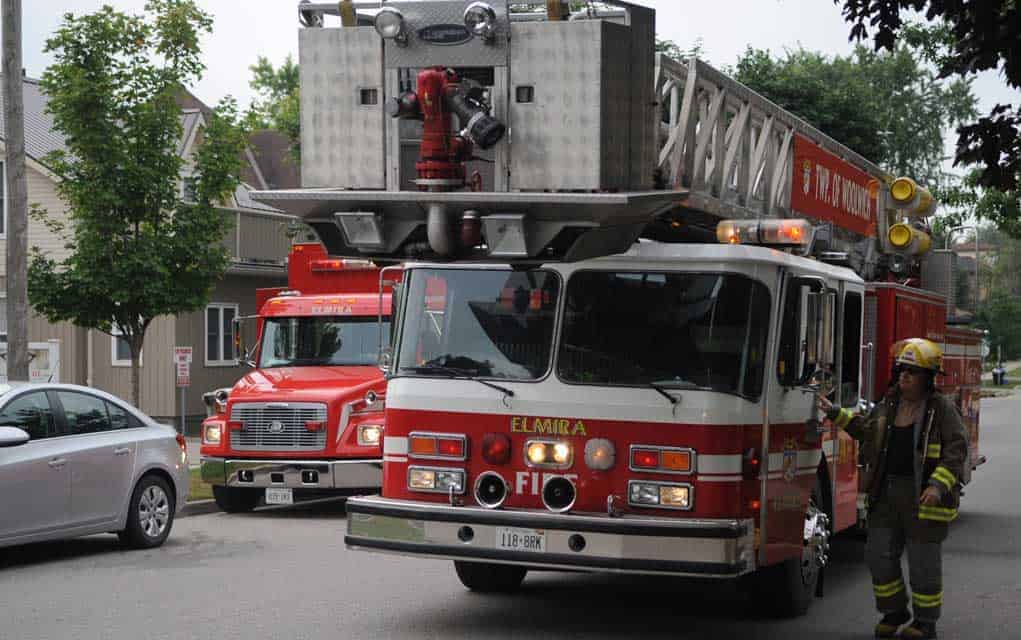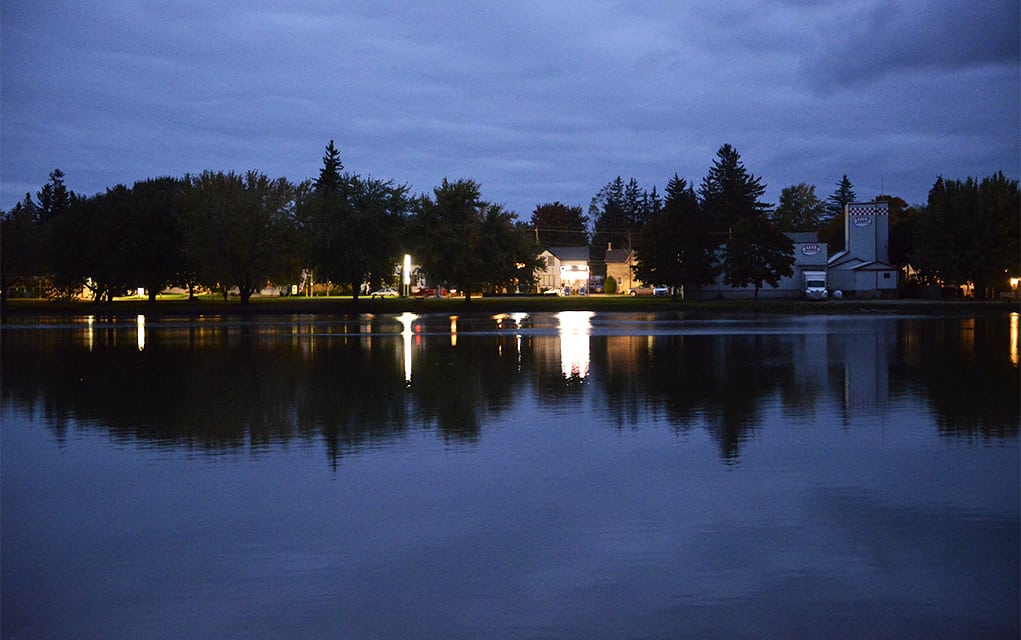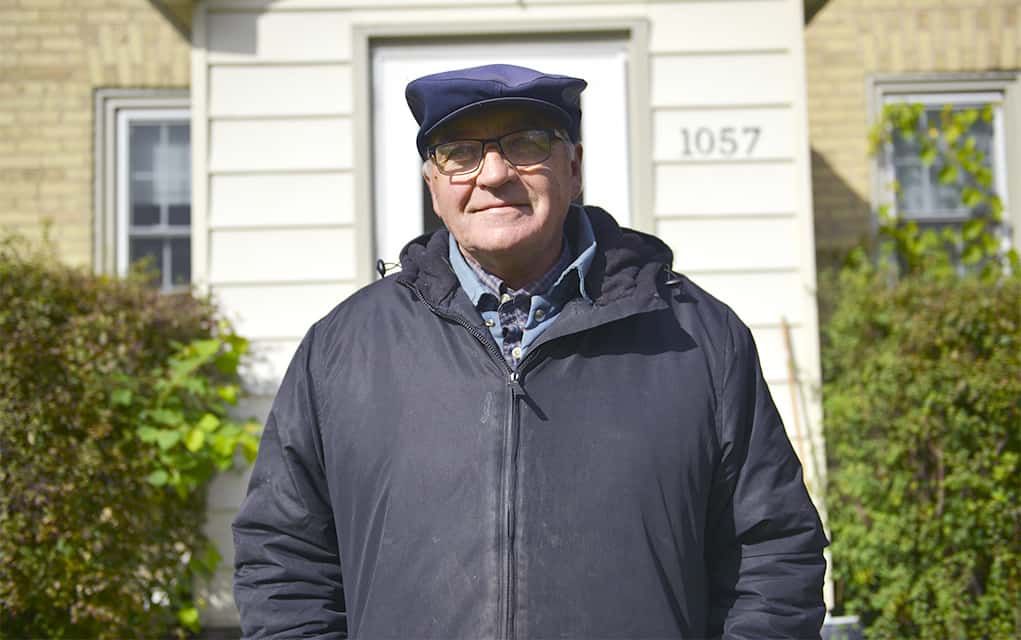The province reversing course on stringent firefighter certification requirements comes as a welcome reprieve to Woolwich fire chief Dale Martin. Along with breathing room, the township stands to gain some budget relief.
The Ford government last week nixed legislative changes instituted by the Liberals that would have been a hardship on small, volunteer-based departments such as Woolwich’s. Scheduled to come into effect next summer, the new rules would have meant accelerated timelines for getting firefighters certified to industry standards. That would have cost a considerable amount of money and, perhaps more problematically, could have been a deterrent to new recruits unable to commit to some 200 hours of training before the one-year deadline.
Having all of the department’s pump operators certified by 2020, for instance, wasn’t workable, said Martin.
“It just wasn’t possible to do that.”
Woolwich does train its paid-duty firefighters to industry standards set by the National Fire Protection Association (NFPA), but does so at a manageable pace, he said, noting he and his counterparts in other municipalities are still waiting for details of any new regulations the government might bring in to replace the Liberal plan.
“The decision is to rescind the legislation as it is. We don’t know what’s next,” he said. “We still have to do training. “We still have to train to a standard, which in Ontario is the NFPA.”
In the meantime, volunteer fire departments have some wiggle room.
That was the intent of the changes, Community Safety Minister Michael Tibollo said at a news conference October 11.
“We’re not opposed to certification,” he said. “What we need to do is we need to study what exactly the needs are in each of the municipalities. We have to consult with the municipalities and provide them with the proper amount of time they need to certify the firefighters. So, that is something that is in progress.”
That was music to Martin’s ears.
With his department having to replace some 12 firefighters annually – an average of two per station – that would mean a considerable amount of time and money.
Martin estimated the cost at $7,000 to $8,000 per firefighter as an initial estimate, though perhaps less so as more details became known ahead of next year’s legislation, now cancelled.
He said he feared losing some volunteers due to the training time commitment, especially among farmers who are available during daytime hours for coverage at stations such as Floradale. They just wouldn’t have time for such training in a short period of time.
The province’s change of plan avoids that impediment to recruiting, said Martin.
While some volunteers would welcome the certification, the short timeline could be a problem, he added.
The Woolwich department is already training to NFPA standards, though perhaps not as quickly.
“The key is to make it doable for us smaller fire departments.”
Martin and his colleagues in the Ontario Association of Fire Chiefs (OAFC) support mandatory certification, but at a manageable pace.
“We’re trying to figure out, as chiefs, ‘How can we make this work?’”
With the government decision, there’s less of a rush right now.
“The big stressor is off,” he said.
The Fire Fighters Association of Ontario (FFAO), which represents volunteer firefighters, is also advocating for minimum standards, noting training can vary across the province.
The organization wants Queen’s Park to provide additional funding and resources to make that possible, helping municipalities with training towards certification.









